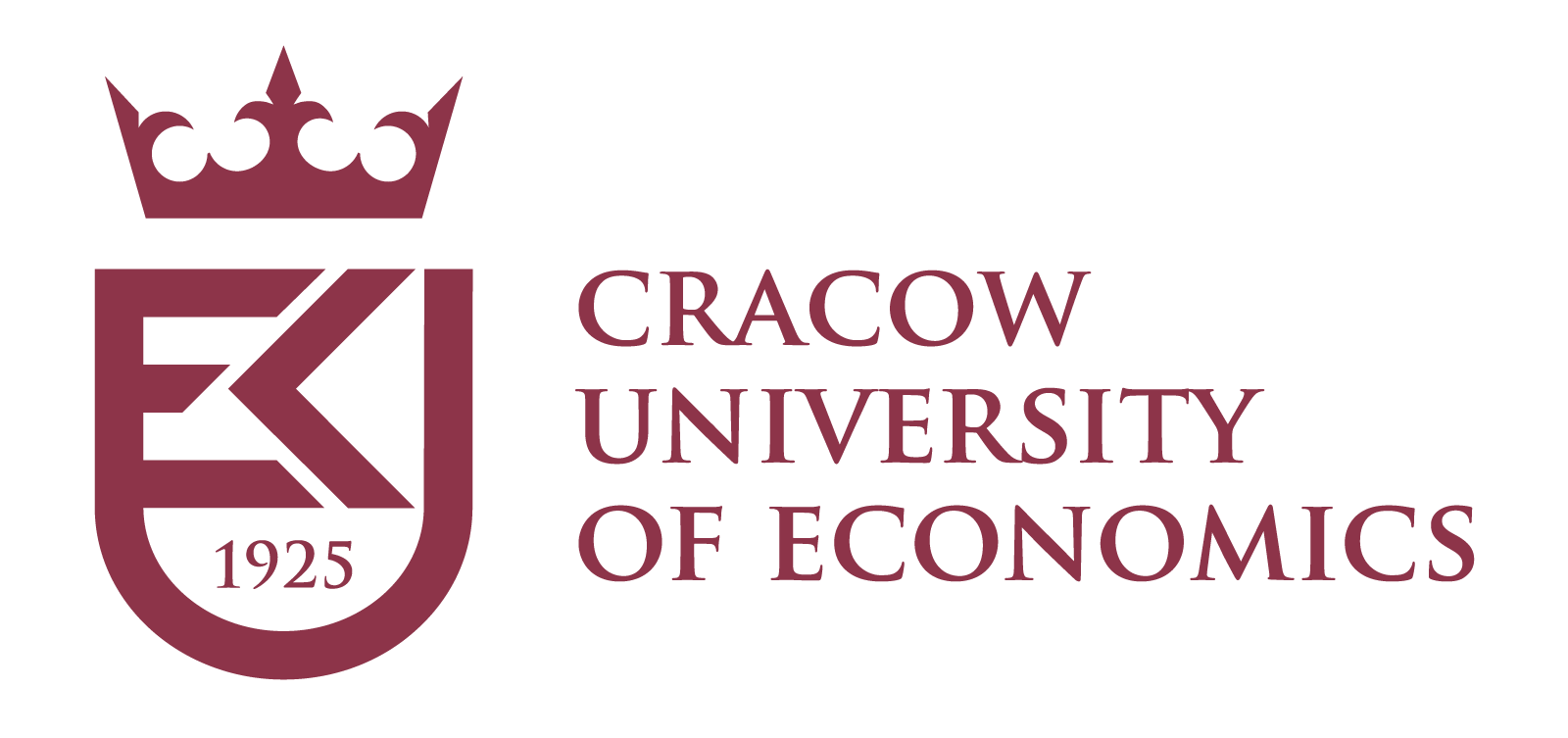Technical and non-technical aspects of modelling human decisions
Organized by:
ESSA SIG MOOD – Models of Human Decision
Session chairs:
Loïs Vanhée, Umeå University, Sweden (lois.vanhee@umu.se)
Melania Borit, UiT The Arctic University of Norway, Norway (melania.borit@uit.no)
Friederike Wall, University of Klagenfurt, Austria (friederike.wall@aau.at)
Vivek Nallur, University College Dublin, Ireland (vivek.nallur@ucd.ie)
Description:
Models of human decision (MOODs) are one of the most central components and added value
attributed to Agent-Based Social Simulation (ABSS). Yet, developing such models for ABSS involves
accounting for an array of specific requirements that may differ from other areas in which MOODs are
applied, such as non-player characters in video games. For example, in an ABSS context, MOODs
developers should ensure that agents are at the same time realistic, detailed, and computationally
scalable, while also accounting for how their simulation may be used and hence impact people and
societies.
Discussions about how to advance MOODs in ABSS should involve not only technical considerations
about modelling and simulations, but also questions on how to ground these models in relevant
sciences (social sciences and humanities, medical sciences etc.), how to show their validity, and what
are the direct and indirect ramifications of developing MOODs for ABSS.
This workshop facilitates bottom-up in-person discussions around topics relative to MOODs for ABSS
(e.g. design, validation, documentation, ethical implications of such models). In small groups,
participants will be provided three to five topics/questions/thought experiments. Participants may also
propose questions they wish to be discussed. The main objectives of the workshop are to map the
common interests and needs of the community interested in MOODs and to raise awareness about
alternative perspectives and approaches.
This workshop is intended to be an interactive addition to the SSC 2024 Special Track Sense and
Sensibility and to be a meeting point for the ESSA Special Interest Group SIG-MOOD
Duration: 120 minutes
